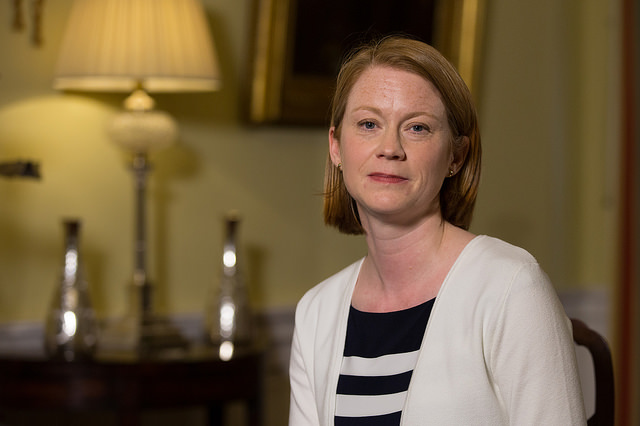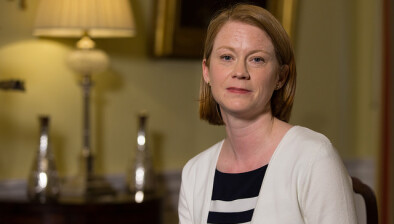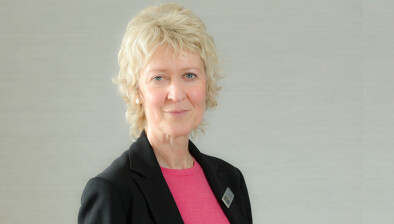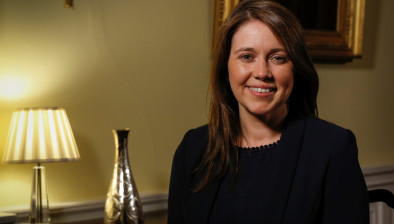Scottish GP practices to receive £3.17m to fund welfare advice and promote health partnerships
GP practices in some of Scotland’s most deprived communities will receive £3.17 million of Scottish Government funding dedicated to welfare rights advisors to address growing mental health concerns caused by money and housing insecurity.

Shirley-Anne Somerville, social security secretary
Launching in September 2021, 150 GP Practices will be able to refer patients directly to an in-house welfare rights officer for advice on increasing income, social security eligibility, debt resolution, housing, and employability issues as well as helping with representation at tribunals.
The Welfare Advice and Health Partnerships will reduce pressure on GPs and primary care services - allowing them to focus on clinical care and treatment for patients while a dedicated advisor supports them to address their social and economic needs.
Since the start of the coronavirus pandemic GP practices have reported an increase in the number of patients citing money and housing worries for mental health issues. This funding will enable Welfare Advice and Health Partnerships to be formed as part of COVID-19 Recovery and Resilience plans. The work will be delivered in collaboration with Public Health Scotland, The Scottish Public Health Network, and the Improvement Service.
Social security secretary Shirley-Anne Somerville, said: “The COVID-19 pandemic has impacted everyone differently and further highlighted how vital it is to ensure support is in place for those who need it, including access to advice to help people overcome issues which are having a negative impact their mental health.
“Evidence has shown that money and welfare advisors in health centres reach people who do not engage with traditional advice services. This is the first time this approach will be delivered at a national scale, and I am sure it will make a difference to households as we focus on our recovery from this crisis.”
Dr Carey Lunan, Deep End GP and former chair of the Royal College of Practitioners Scotland, added: “This pandemic has shone a spotlight on health and social inequalities for some of our most vulnerable citizens, with the economic impacts being felt most by disadvantaged groups, who already live in precarious financial circumstances.
“Poverty is a fundamental cause of persisting health inequality and as we plan our recovery from COVID-19 we must ensure an appropriate focus on those with the greatest health and social needs, or these inequalities will simply worsen further. More financial security offers more choice, more control – and more hope.”







